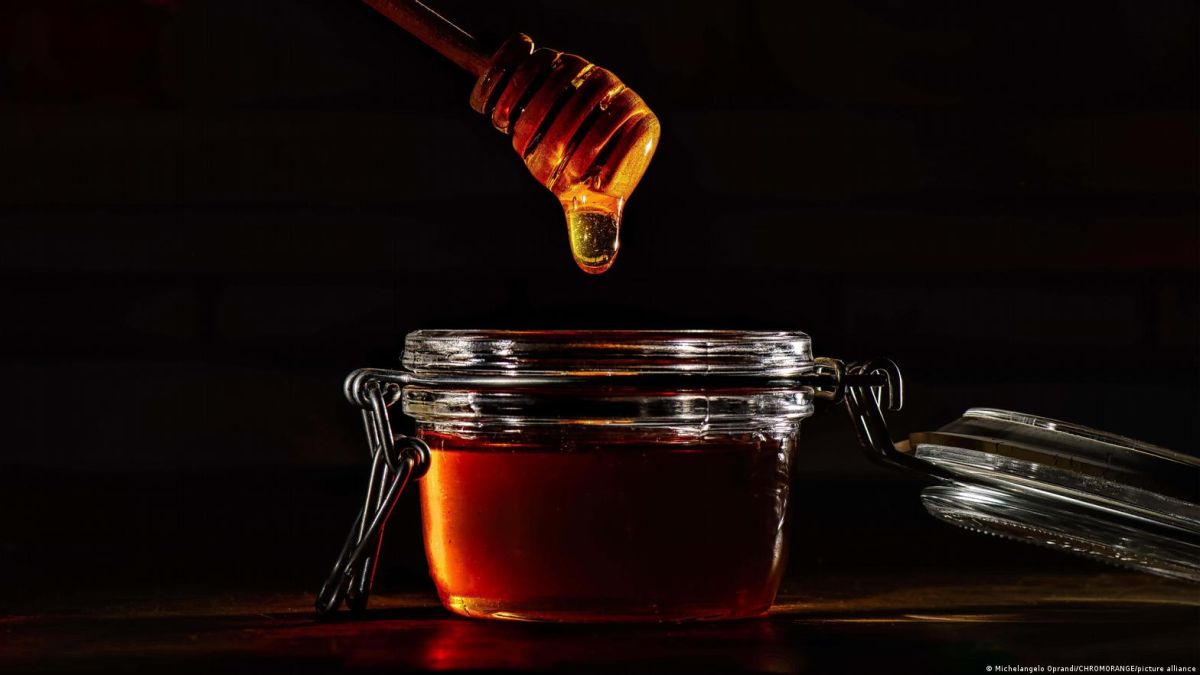Food handling has become the daily bread. And shady practices also affect one of the most natural foods that are left: honey from bees. According to an investigation by the European Union (EU), 46 percent of the examined samples of imported honey (especially from China) aroused suspicions of not complying with European regulations that prohibit adding any additive to honey.
It is nothing new that there are those who try to maximize their economic benefits by adding cheaper syrups to honey, which are difficult to detect. But the problem seems to be increasing. The report entitled From the hives (“From the hives”), gives an account of the results of a coordinated action in European countries, carried out in 2021 and 2022, to evaluate honey from third countries. And it has caused concern in the sector.
“We share the concern about fraudulent actions in the honey market; It’s a problem for everyone, including us, the traders, because naturally we are thus exposed to unfair competition,” Frank Filodda, chairman of the board of the Honey Federation, which represents importers and packers of the product, told DW. in Germany.
Argentina and Mexico, large suppliers
Also in Argentina there is concern. “Something that is not honey is circulating in the market. The problem is that this adulterated honey enters Europe at a very low price. And it lowers the prices of Argentine honey for us”, indicates Roberto Imberti, treasurer of the Argentine Society of Beekeepers (SADA).
Argentina is one of the main suppliers of Germany, which imports about 80 percent of the honey it consumes. The other major suppliers are Mexico (ninth largest producer worldwide and 13th largest exporter, according to the Mexican Ministry of Agriculture and Rural Development) and Ukraine, whose exports have been affected by the war.
“From Argentina and Mexico we have been importing good quality honey for decades, which is controlled,” says Filodda. And he adds that “Uruguay, Chile and Brazil also have a wide variety of honeys that are very appropriate for the German market.”
Severe controls in the countries of origin
The director of the German association points out that there are very strict control rules for the importation of honey. First of all, it can only be purchased in countries authorized by the EU. In addition, both exporters and beekeepers must be registered and the monitoring provided by the European authorities must be carried out.
“The controls are carried out in the countries of origin, where the exporters are aware of the quality requirements and examine the merchandise before shipment. Then, when it arrives in Germany, (the honey) is additionally checked. It is a procedure that has been carried out for many years”, explains Filodda.
“What we can guarantee from here are the analyzes that are done on the honey,” says the Argentine Imberti. As he explains, the modern methods used make it possible to detect even the presence of rice syrup, which until a few years ago could not be identified.
Even so, the analyzes are complex and Filodda maintains that “there is no single reliable method to discover changes in honey.” Additionally, he stresses that background knowledge is needed to be able to correctly interpret the results. “Precisely in Argentina, in recent years we have frequently observed changes in honeys due to the fact that nature has changed, and this must also be taken into account in the analysis,” he explains.
Mixture of honeys exported in bulk
Being a natural product, honey can vary from season to season. But European consumers want it to always maintain the same taste and appearance. For this reason, the mixture of honeys is used, in order to guarantee permanent characteristics. That is an accepted practice, as it can happen with coffee mixtures, according to the official of the German federation, emphasizing that it is not allowed to add any other substance to honey.
Imberti, however, is in favor of defending the origin. “We have very good traceability, but I don’t know how it will be in Europe, where they mix honey,” he says. The problem is that close to 90 percent of exported Argentine honey is sold in bulk, so “control of what is done with that honey is lost,” says the SADA treasurer. Hence the effort to increase the export of the packaged product, so that the consumer knows that it is Argentine honey.
But it is not an easy task to break through in the honey market, especially if it is distorted by cases of adulteration, as is clear from the EU report. Filodda applauds the investigation, but points out that the problem of From the hives it is that it raises suspicions, but not specific cases: “Obviously, there are companies that are already involved in legal proceedings. But unfortunately they have not been named.
(rml)
